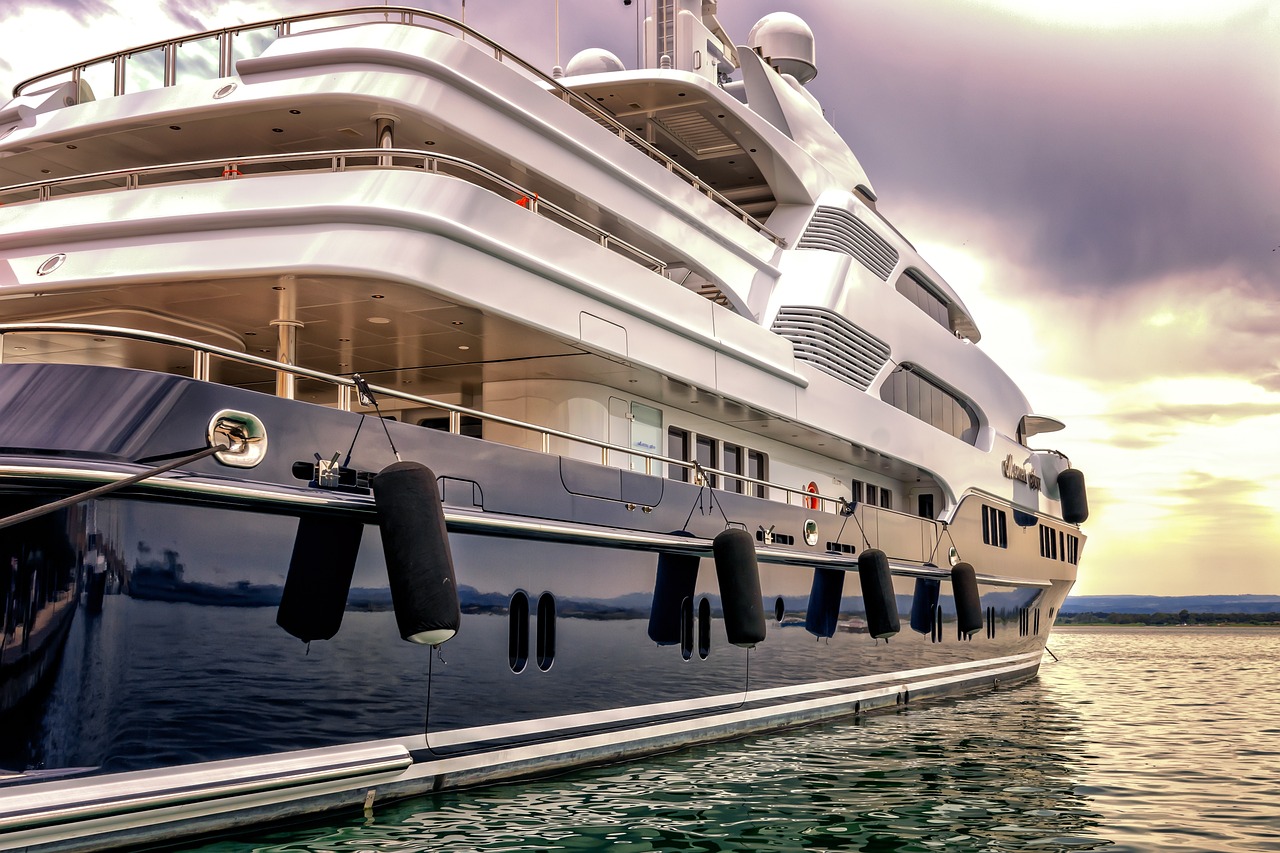-
Apr, 15 2024
-
Mar, 26 2024
-
Mar, 18 2024
-
Mar, 05 2024
-
Mar, 22 2024

Maritime arbitration applies to matters including ship financing, construction, acquisition and deployment, carriage of goods by sea, marine insurance, and contractual relationships arising from ships' use. When disputes arise in the maritime industry, finding a fair and efficient resolution can be challenging. That's where maritime arbitration comes into play. But what exactly is maritime arbitration, and how does it work? This comprehensive guide is here to shed light on the topic, providing a concise roadmap to help you navigate the complex waters of resolving disputes at sea.
It is identified in the International Bar Association (IBA) Guidelines as a specific category of arbitration, reflecting the fact that relatively few law firms specialise in maritime arbitration and tend to favour a core of experienced arbitrators.
A maritime arbitration is any arbitration that has some relation with a ship, whether it be the carriage of goods or passengers by sea, the sale of a second-hand ship, the building of a new one, or the chartering of a superyacht or offshore support vessel. It falls in the definitions of ‘international’ and ‘commercial’ in Article 1 of the UNCITRAL Model Law and it is found all over the world, in institutions as well as in its traditional ad hoc form.
The principal maritime contracts are charterparties, governing ships' employment, and bills of lading, transferring rights and liabilities for cargo carriage. Disputes under charterparties, negotiated between commercial parties, often go to arbitration as specified in standard forms.
Types of maritime disputes suitable for arbitration
Maritime disputes can arise in various aspects of the industry, from cargo damage claims to charter party disputes and insurance claims and vessel collision,. These disputes can have significant financial and operational implications, making it crucial to find a suitable resolution method. Maritime arbitration offers a flexible and effective alternative to traditional litigation, making it well-suited for resolving a wide range of maritime disputes.
One common type of dispute that is often resolved through arbitration is charter party disputes. Charter parties are contracts that outline the terms and conditions of the chartering of a vessel. Disputes may arise when there are disagreements regarding the performance of contractual obligations, payment issues, or breaches of contract. Maritime arbitration provides a neutral forum for parties to present their case and have it resolved by an impartial arbitrator.
Another type of dispute that can be resolved through arbitration is collision claims. When two vessels collide, determining liability and assessing damages can be complex. Maritime arbitration allows the parties involved to present their evidence and arguments to an arbitrator who specializes in maritime law. The arbitrator can then make a fair and impartial decision based on the evidence presented, helping to resolve the dispute efficiently.
Insurance claims are also commonly resolved through maritime arbitration. Whether it's a dispute over coverage, the valuation of damages, or the interpretation of policy terms, arbitration can provide a streamlined process for resolving insurance-related disputes. The arbitrator, often an expert in maritime insurance, can evaluate the evidence and apply the relevant legal principles to reach a fair decision.
Conclusion: The future of maritime arbitration
As the maritime industry continues to evolve, so does the field of maritime arbitration. The future of maritime arbitration holds promise for more efficient, accessible, and specialized dispute resolution mechanisms.
Technological advancements, such as video conferencing and electronic document management systems, have already transformed the arbitration process, making it more convenient and cost-effective. These advancements allow parties and arbitrators to participate in hearings and exchange documents remotely, reducing the need for physical presence and minimizing travel costs.
Specialized arbitration institutions and panels of maritime arbitrators have also emerged, catering specifically to the needs of the maritime industry. These institutions and arbitrators possess a deep understanding of maritime law and industry practices, ensuring a high level of expertise in resolving maritime disputes.
Additionally, alternative dispute resolution methods, such as mediation and hybrid processes, are gaining traction in the maritime industry. These methods offer parties more flexibility and control in resolving their disputes and can be particularly valuable in maintaining ongoing business relationships.
As the maritime industry continues to globalize, cross-border disputes are becoming more prevalent. The harmonization of arbitration laws and the enforcement of arbitration awards across jurisdictions will play a crucial role in the future of maritime arbitration. Efforts to streamline these processes and promote consistency in decision-making will contribute to a more robust and reliable international arbitration framework.
